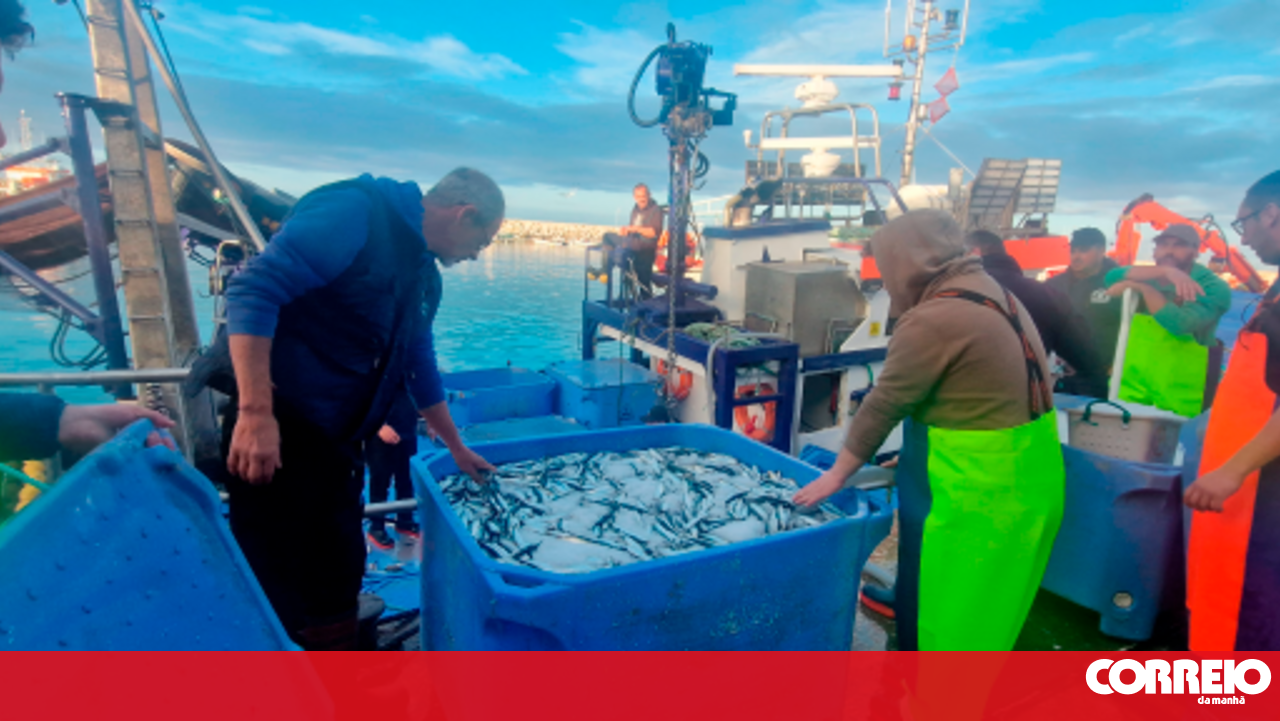Deadly Neurotoxin Detected in Algarve Shellfish
A neurotoxin found in sea snails captured off the coast of Algarve poses serious health risks to humans if the mollusks are not properly prepared before consumption. This alarming finding was reported by Sandra Lage, a researcher at the University of Algarve (UAlg), during a recent study.
Research Findings
The research team from the Center for Marine Sciences (CCMAR) at UAlg analyzed 25 sea snails collected between November 2021 and October 2022. The results revealed that 76% of the samples contained levels of tetrodotoxin exceeding the maximum safety limit set by the European Food Safety Authority.
Health Risks
The sea snail, commonly used in dishes like feijoada, can be dangerous if the neurotoxin is not effectively removed through proper cleaning. According to Lage, while low doses might cause gastrointestinal issues, higher concentrations can lead to cardiac arrest or even death, particularly in vulnerable populations such as the elderly or children.
Emerging Concerns in Europe
Tetrodotoxin, known from the pufferfish and associated with numerous fatalities in Asia, is now recognized as an emerging toxin in Europe. Its regulation and monitoring are currently lacking, as it has only recently been identified in European waters.
Possible Sources of Contamination
In the study, the team also examined starfish, a common food source for the sea snails, but only one was found to contain the toxin. Lage suggested that the contamination could stem from bacteria, although the exact source is still being investigated.
Importance of Public Awareness
Lage emphasized the need for public awareness regarding this neurotoxin. The toxin is primarily located in the visceral parts of the mollusk, meaning that if the snails are properly cleaned, they can be consumed safely. However, boiling or freezing does not eliminate the toxin, making effective removal of the innards critical for safe consumption.
The research team plans to further investigate the contamination sources and has secured funding for additional studies, which they hope to commence later this year.

























Comments
Join Our Community
Sign up to share your thoughts, engage with others, and become part of our growing community.
No comments yet
Be the first to share your thoughts and start the conversation!